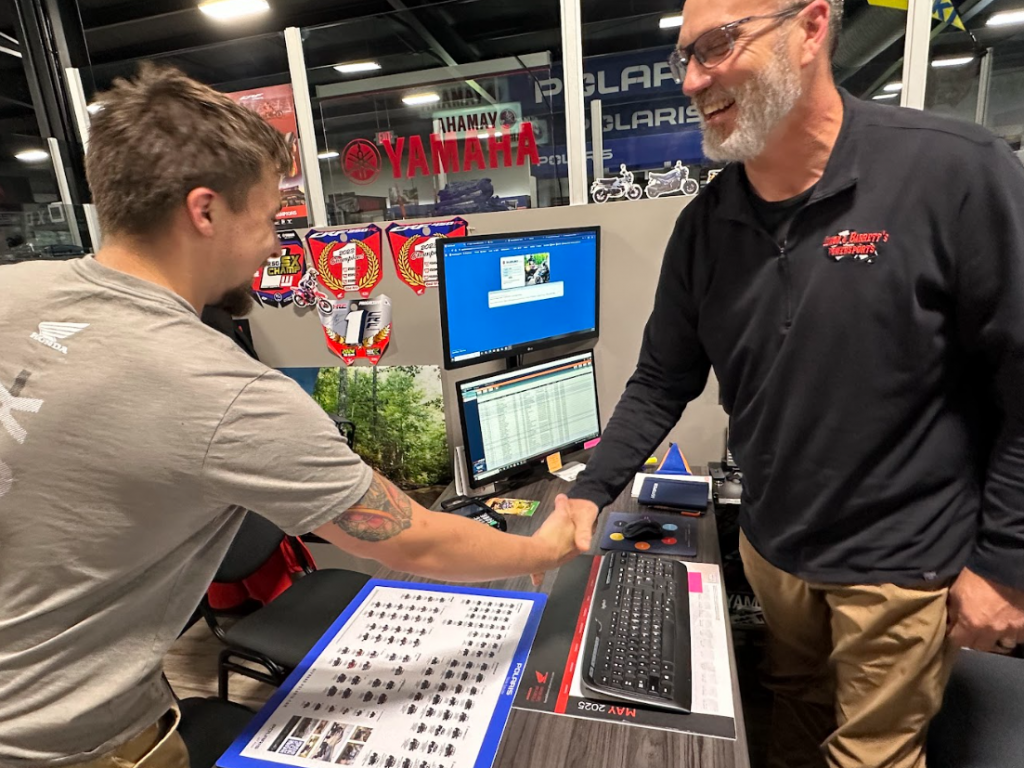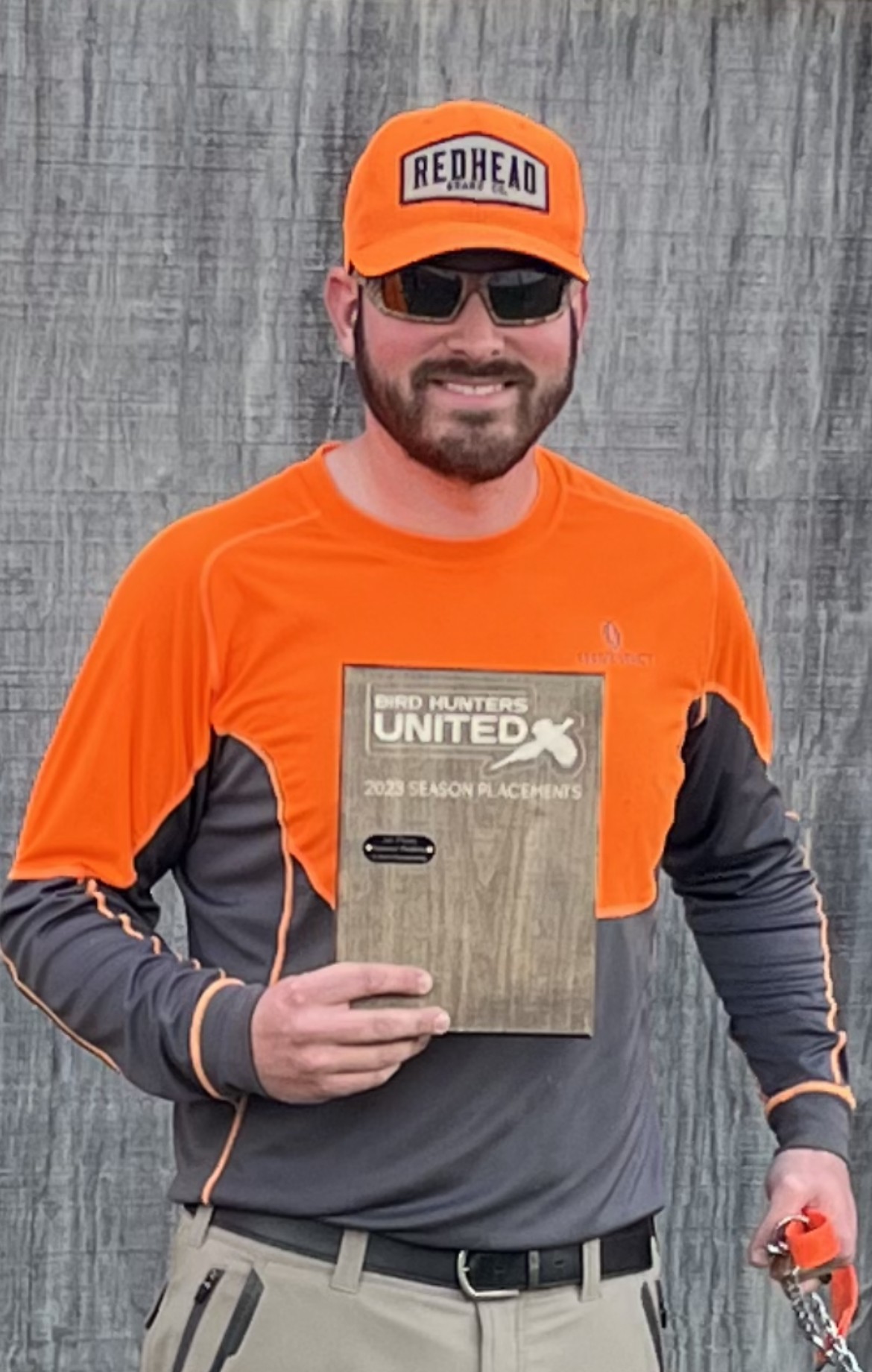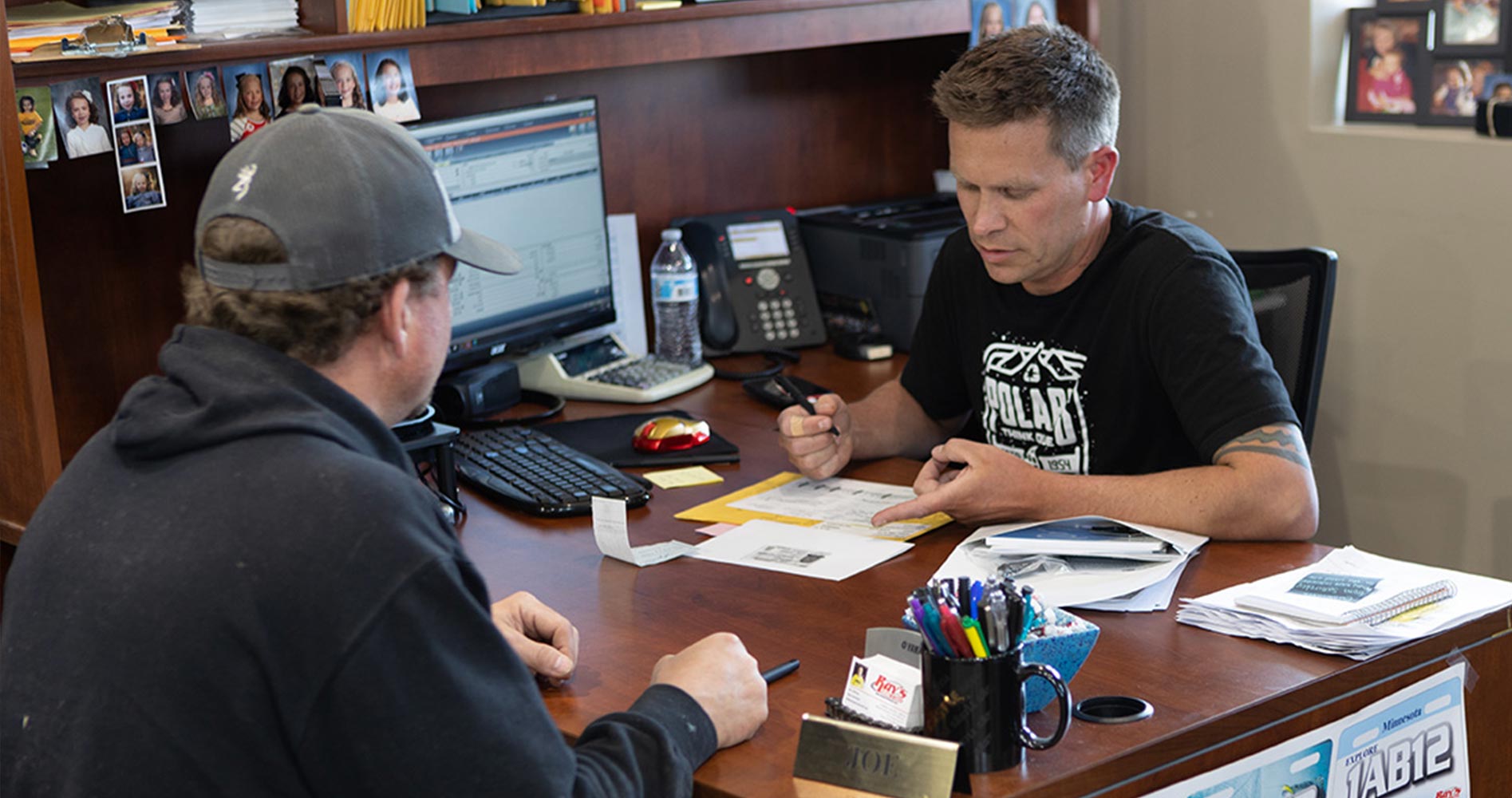The world of recreational vehicle dealerships—whether in powersports, marine, RVs, or golf carts—has seen dramatic changes over the past few years. In the wake of the COVID-19 pandemic, the industry experienced an unprecedented shift: inventory shortages, surging demand, and a market where buyers were ready to say “yes” with little prompting.
But today, the landscape has changed once again. Inventory levels have rebounded, and customers are no longer walking in simply to buy the first available unit. Now more than ever, it’s critical to revisit the art of asking for the sale—a skill that took a back seat during the pandemic but is essential for closing deals and maintaining profitability in this new era.

1. The COVID-19 Shift: When Inventory Was King
During the height of the pandemic, supply chain disruptions left dealerships with historically low inventory. As a result, customers had fewer choices and were often forced to take what was available, regardless of price or fit. Sales teams didn’t have to ask for the sale—buyers were lining up, ready to commit.
However, this period of high demand and low supply created a culture of passive selling. Salespeople got used to waiting for customers to make the first move. But as inventory levels normalize and customer expectations evolve, this passive approach is no longer enough.
2. The New Reality: Inventory and Buyer Behavior Have Changed
As the supply chain recovers and inventory stabilizes, consumers have more choices—and they’re taking their time to make them. Buyers are researching online, comparing prices, and reading reviews before ever stepping foot in a dealership.
In this environment, simply waiting for the buyer to say “yes” isn’t going to cut it. Customers need to be educated, engaged, and guided through the buying process. They’re looking for a salesperson who can confidently help them take the next step—someone who asks for the sale.
3. Why Asking for the Sale Matters More Than Ever
Buyers Need Confidence
With more options available, buyers are more cautious. They might be interested in a particular unit—be it a boat, RV, motorcycle, or golf cart—but hesitate before taking the plunge. Asking for the sale shows them that you’re confident in your product and your ability to meet their needs, giving them the final push to make a decision.
Competition Is Fierce
Today’s buyers aren’t just comparing dealerships—they’re comparing everything online. Dealerships that proactively ask for the sale—through clear calls to action, tailored offers, and competitive financing—are the ones that stand out and close the deal.
Keep the Momentum Going
The longer a deal lingers, the more likely a buyer is to second-guess their decision or find another option. Confidently asking for the sale keeps the conversation moving and helps your customer cross the finish line.
Plus, moving inventory faster is critical for your dealership’s cash flow. Whether it’s a seasonal product like a boat or an RV, the faster it sells, the healthier your bottom line.
Reinforce the Value
Recreational vehicles are emotional purchases. Asking for the sale reminds buyers of the experiences, adventures, and memories they’ll create. It’s not about hard selling—it’s about aligning the product with the customer’s lifestyle and showing them why now is the perfect time to buy.
4. Teaching Sales Teams to Ask for the Sale
The pandemic created a generation of salespeople who didn’t need to ask for the business—it just happened. But as the market shifts, dealerships need to retrain and re-energize their teams. Here’s how:
✅ Role-Playing
Regular role-play exercises build confidence and make asking for the sale feel natural, not forced.
✅ Soft Close Techniques
Not every buyer will say “yes” immediately. Teach your team to use soft closes like, “What’s the next step in making this yours?” to keep the conversation going.
✅ Reinforce the Benefits
Before asking for the sale, salespeople should highlight how the product fits the customer’s lifestyle. This makes the final ask feel like the natural next step.
✅ Overcome Fear of Rejection
Remind your team: asking for the sale isn’t an imposition—it’s an essential part of helping the customer make a decision. Rejection is just part of the process, and confidence pays off.
5. Conclusion: Moving Forward with Confidence
In the post-pandemic world of recreational dealerships, asking for the sale is no longer optional—it’s essential. Customers today expect more: more information, more guidance, and more confidence from the salespeople they work with.
For dealerships that want to stay competitive and keep sales flowing, it’s time to leave passive selling behind. By teaching your team to ask for the sale with clarity and conviction, you’ll not only close more deals—you’ll build stronger customer relationships and ensure your dealership’s long-term success.


